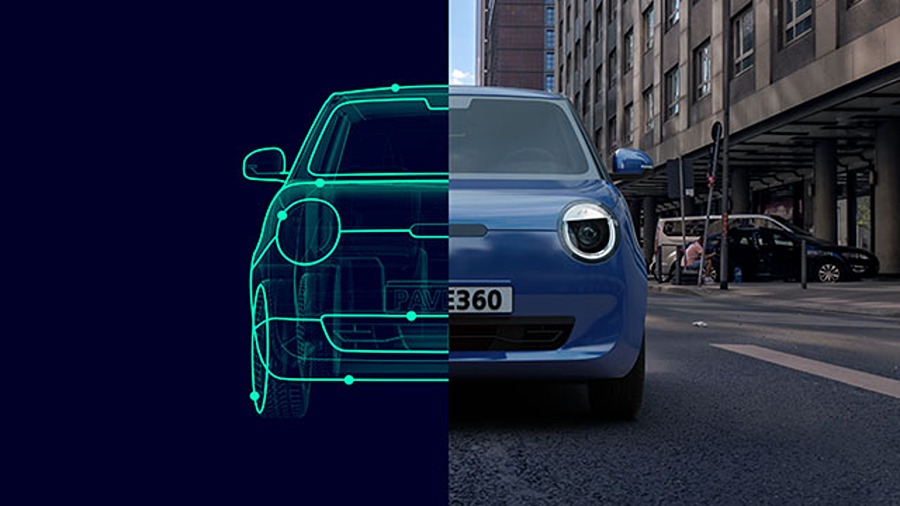
PLANO, TX, June 6, 2025 – Siemens Digital Industries Software is expanding its collaboration with Arm by adding support for the newly launched Arm Zena Compute Subsystems (CSS) within its PAVE360 simulation platform for software-defined vehicles (SDVs).
The Zena CSS, Arm’s first compute subsystem tailored for automotive applications, is pre-integrated and validated to optimize performance and power efficiency for AI-defined vehicles.
As software-defined vehicles incorporate AI-driven functions, automakers are adapting their development approaches to address system complexities, integration demands, and the need for earlier software validation.
“The era of AI-defined vehicles is an opportunity to bring new in-vehicle experiences to life, but it will require a much faster speed of development and deployment,” said Suraj Gajendra, vice president of automotive products and software solutions, automotive line of business, Arm. “With the help of virtual platform solutions like PAVE360 from Siemens, Arm is enabling our partners to begin software development on Zena CSS before physical silicon is available, significantly reducing development time for new software solutions.”
“Our work with Arm demonstrates that it’s no longer enough that vehicle development is software defined – the process now needs to be systems-aware with the full vehicle system developed in parallel to help ensure that the entire system meets requirements and will require continuous verification,” said David Fritz, vice president, hybrid and virtual systems, Siemens Digital Industries Software. “Siemens is in a unique position to support this new approach as we enable customers to develop multi-domain (across electronics, hardware and application development) digital twin for validation and integration that encompasses the whole System-on-a-Chip (SoC), electronics/electrical (E/E) system and vehicle development flow.”
Customers can use Siemens’ PAVE360 to develop software for Zena CSS before silicon availability, and within the SOAFEE community, the virtual prototyping environment will become a key technology to enable SOAFEE Blueprints. This enables functional validation of software within the system environment and supports modeling of SoC algorithms and hardware–software interactions. It supports a structured approach to managing software-defined vehicle complexity.
PAVE360, as part of Siemens’ SDV framework, brings together the Innexis software environment, Veloce hardware-assisted verification and validation system, Teamcenter software for Product Lifecycle, Polarion for Application Lifecycle Management (ALM), and Simcenter Prescan and Simcenter Amesim software for simulation to provide a more integrated approach to software-defined development.
The initial support for Zena CSS, based on Innexis Architecture Native Acceleration (ANA), is available from Siemens as part of PAVE360. Automotive developers can begin software development before silicon is available and later transition into the PAVE360 digital twin workflow to perform performance and power analysis using Innexis Developer Pro. PAVE360 also integrates requirements and verification, enabling system-level modeling that supports the early identification and resolution of integration challenges in software-defined vehicle development.
Source: Siemens
About Siemens Digital Industries Software

Siemens Digital Industries Software delivers integrated tools and services to support digital transformation across engineering and manufacturing workflows. Its offerings help companies streamline product design, optimize manufacturing, and manage operational data more effectively. The company serves sectors such as automotive, aerospace, industrial equipment, electronics, and consumer goods. Its work in areas like product lifecycle management (PLM) and manufacturing systems plays a key role in advancing digital continuity and efficiency. Headquartered in Plano, TX, it operates as a business unit of Siemens AG.
